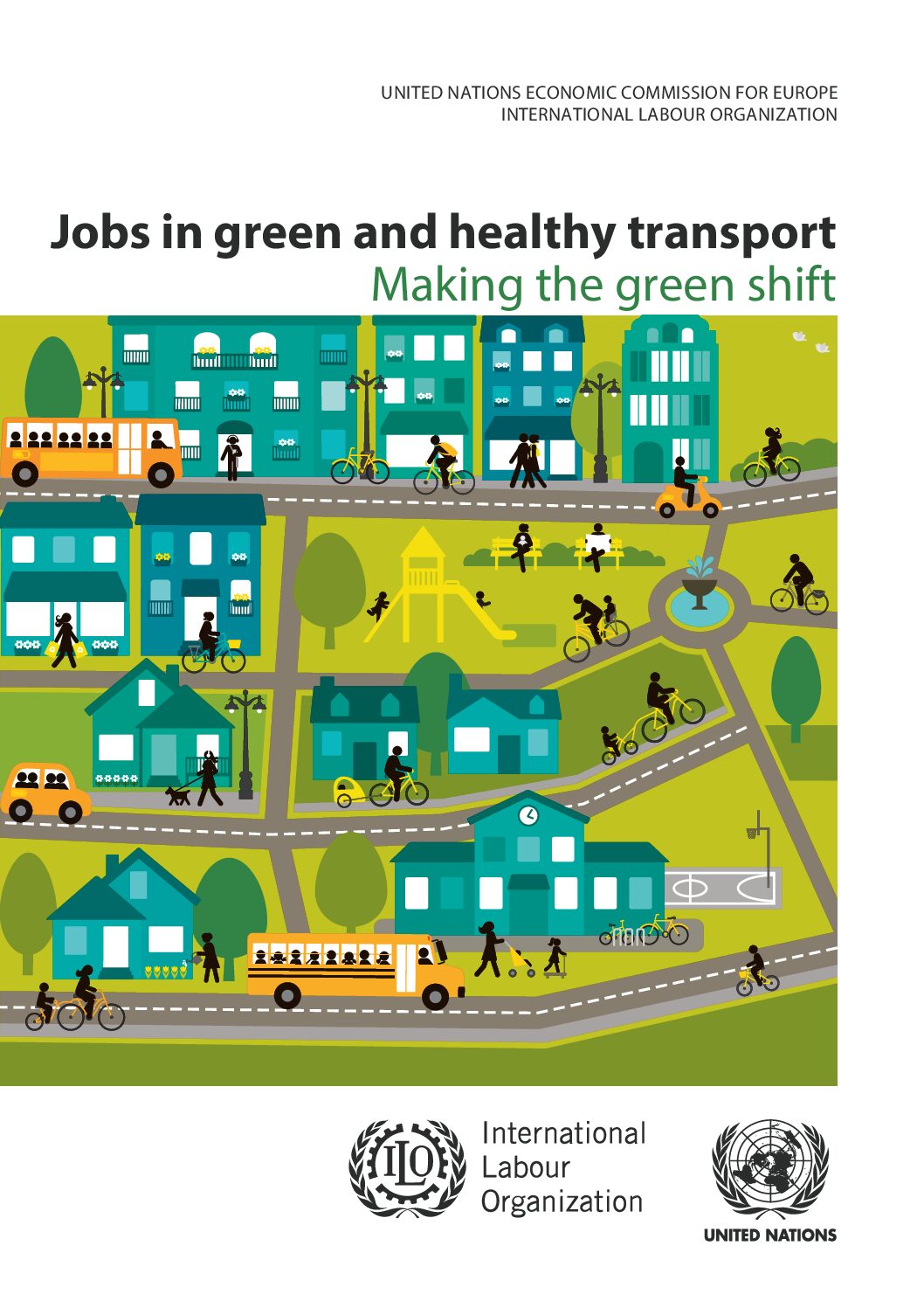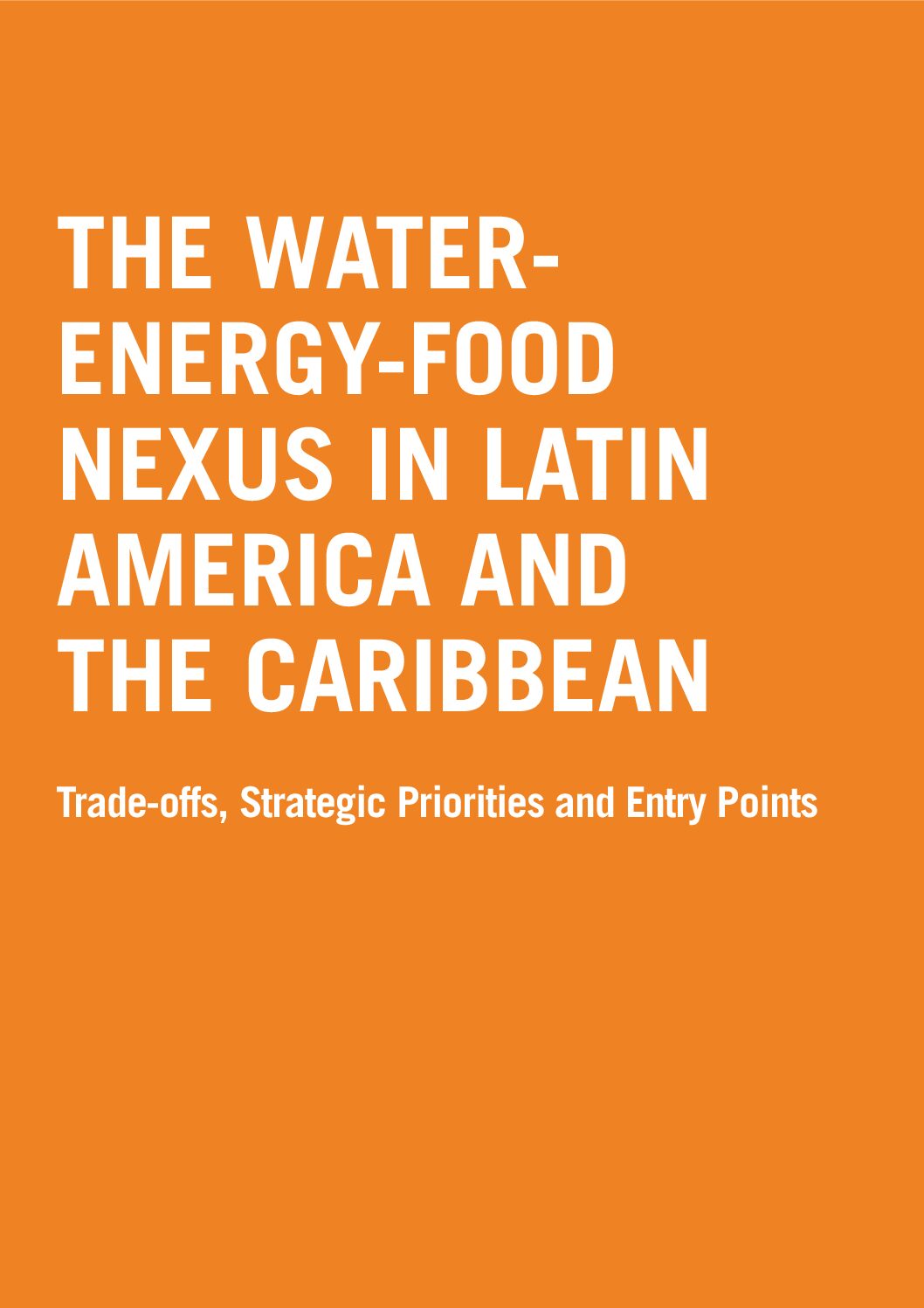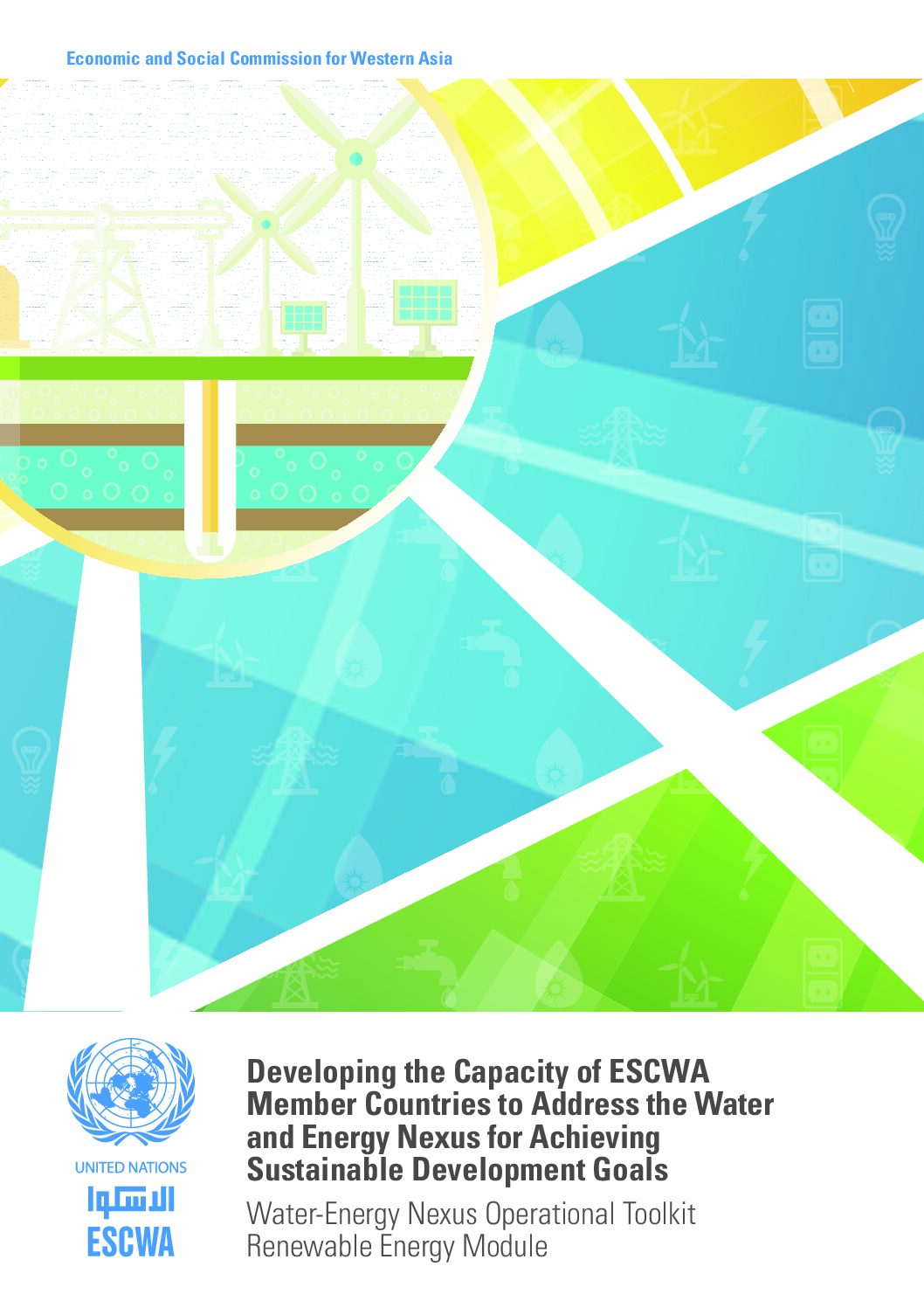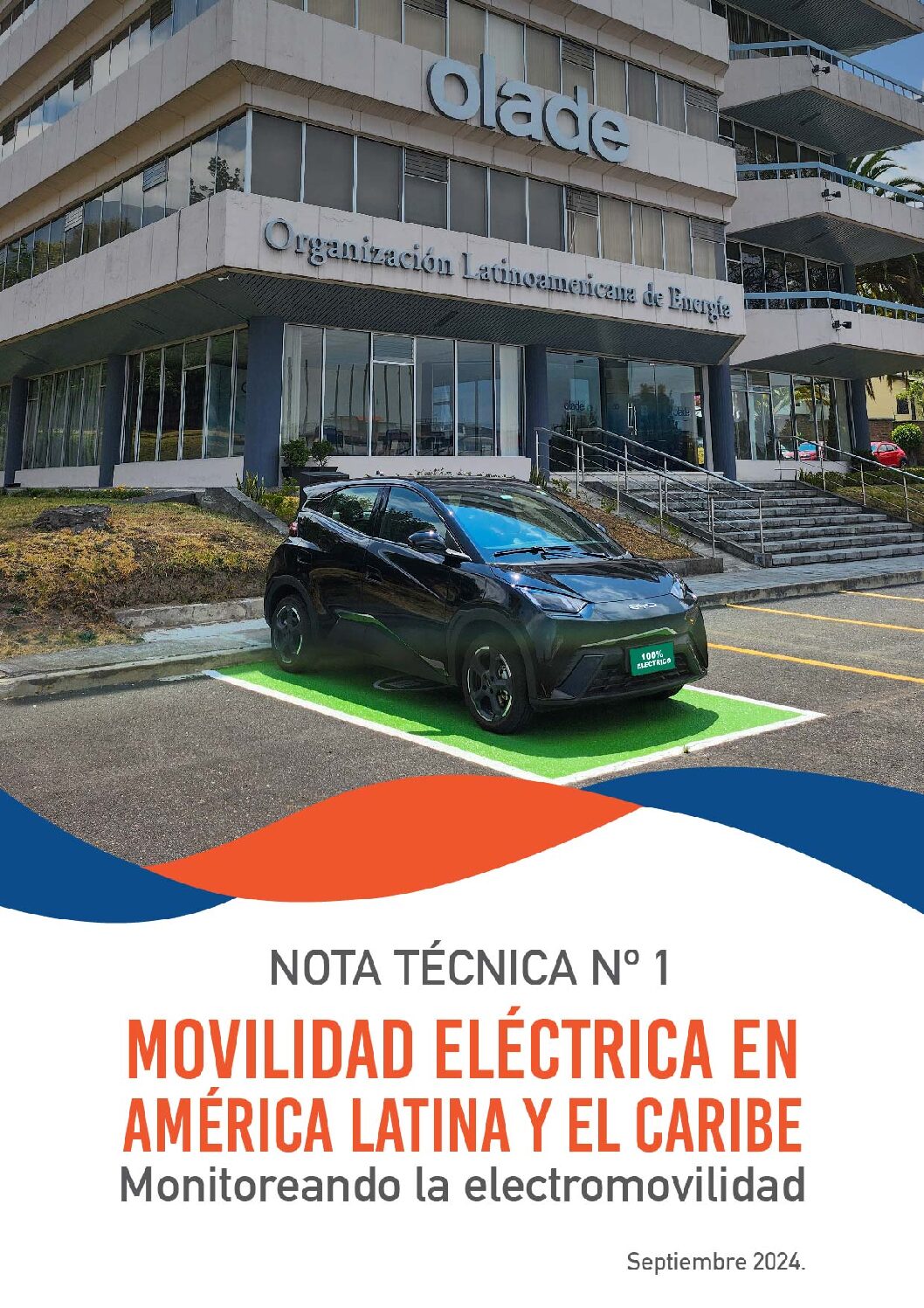This report by the International Labor Organization investigates the implications for global job creation of four different green transport scenarios, applied to Europe: 1) a doubling in investment in public transport, 2) free public transport, 3) a target that 50% of all vehicles manufactured must be electric, and 4) banning of internal combustion engines for […]
This report presents a baseline study on e-mobility in Ecuador, future scenarios and a roadmap to 2030.
This report provides an overview of the water-energy-food nexus in Latin America and the Caribbean (LAC), identifying the main challenges and opportunities for achieving water, energy and food security in the region.
This report analyses linkages in the water-energy-food-ecosystem nexus – essentially resource management trade-offs and synergies — in transboundary river basin settings. It draws on 36 nexus case studies from transboundary river basins in Europe, Asia, Africa and the Americas, providing lessons for transboundary management and cooperation.
This is a training module on the nexus between renewable energy and water management.
RENAC offers a range of affordable online courses on most technical aspects of energy transitions, from systems design to carbon pricing.
This memo provides an overview of the current state of e-mobility in Latin America and the Caribbean.
This report highlights the economic, social and environmental benefits that energy and transport sector-coupling and a transition towards EV- and RE-based, efficient systems can create in small island settings, and provides tools for the planning of such a transition.
This paper focuses on strategies, policies, and programs that industry and government can develop to ensure that supply chains for EVs and their batteries are secure, circular, and reduce the need for mining virgin minerals, thus reducing adverse impacts on the planet and its people.
This report investigates the potential to develop circular supply chains for EV batteries.








